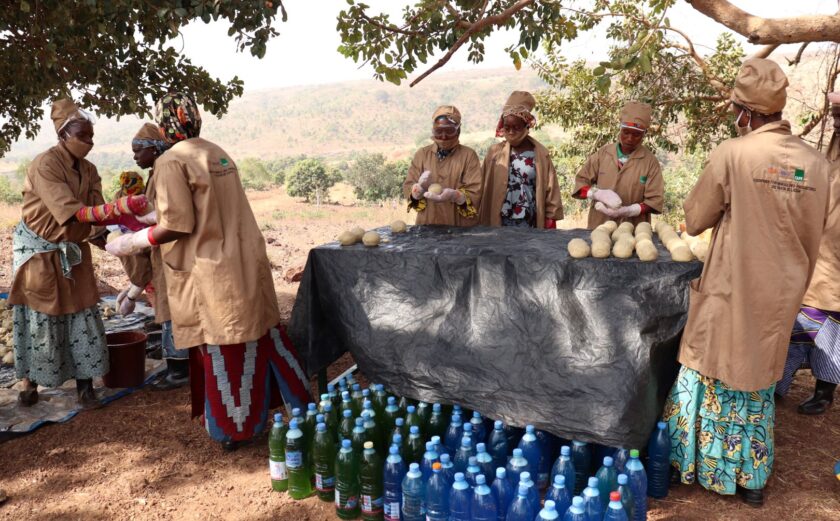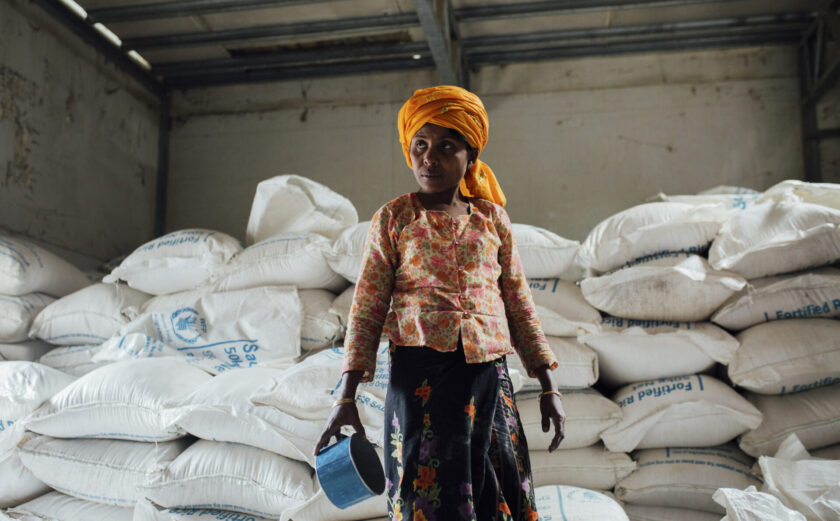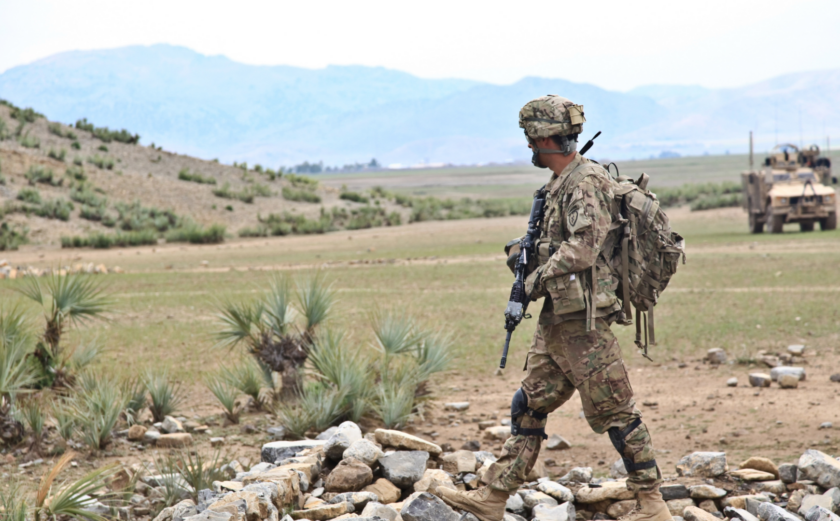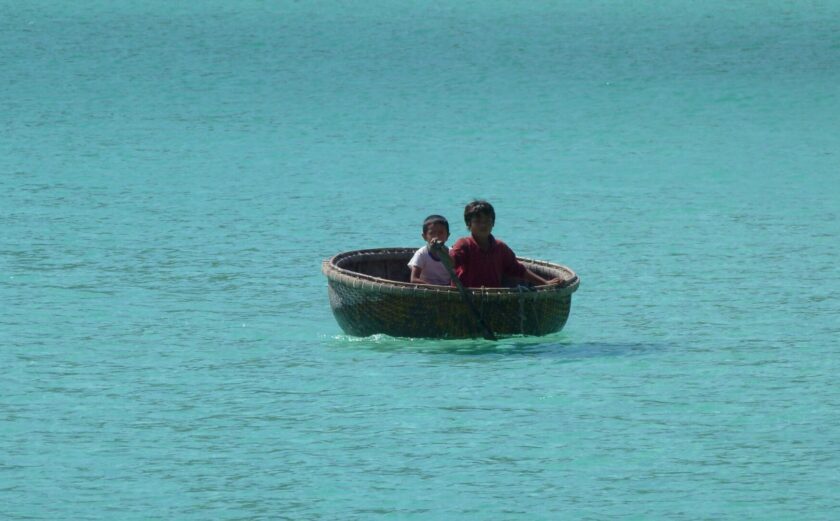We Must Ensure That Those Who Do Not Choose To Engage in Conflict Are Not The Ones to Pay its Price
Protection of Civilians in Conflict Must be a Priority
On this International Day of Peace, Center for Civilians in Conflict (CIVIC) stands committed to strengthening the United Nations’ ideals of peace and reaffirms our call for a world where armed actors recognize the dignity and the rights of civilians, actively prevent civilian harm, protect civilians caught in conflict, and offer amends when harm occurs.
Today, wars are increasingly fought in cities, away from the traditional battlefields of the past. Civilians who have not, or could not, flee often bear the brunt of the violence. Civilian infrastructure is regularly the target of airstrikes, and civilian casualties are increasingly accepted as a by-product of conflict. Armed actors flagrantly violate international humanitarian law, with civilians suffering the consequences.
The horrors of war are not new, but its disproportionately devastating impact on civilians is. As this graphic from the Center for Systemic Peace clearly depicts, those losing their lives in modern wars are increasingly the people not fighting them.

In addition to the shift of conflict to urban areas, this increase in civilian casualties is due to a change in munitions. Since 2013, CIVIC has focused on EWIPA, Explosive Weapons in Populated Areas, and advocated limiting the use of explosive weapons with wide area effects. Humanitarian groups, human rights organizations, and the UN Secretary General himself consider EWIPA a key issue in addressing the effective protection of civilians in conflict today.
In 2001, CIVIC’s founder, Marla Ruzicka, traveled first to Afghanistan and then to Iraq, where she learned that neither the U.S. government nor the U.S. military were tracking civilian casualties. Her door-to-door crusade to interview families and track accounts of civilian harm was tragically cut short when she was killed in 2005 by a roadside bomb in Baghdad.
Her belief in the inalienable right to dignity lives on in our work today, in eleven countries and nine conflict zones where we promote the protection of civilians. We work within these communities to engage with civilians, amplify their voices, and bring their concerns to those in power.
In Afghanistan, where our work began, community leaders now head Community Protection Working Groups to share best practices for civilians to engage with armed actors in order to improve security and reduce civilian harm. In late 2017, two years of passionate yet pragmatic advocacy came to fruition when President Ghani signed into law the Afghan Civilian Casualty Prevention Policy.
Afghanistan was the first country in conflict to adopt such a policy. Others have followed suit. Nigeria, where civilians continue to suffer under attacks by Boko Haram, could be on the brink of adopting a groundbreaking policy of its own to promote the protection of civilians. But there is still much work to be done. As you read this, millions of civilians continue to live in active conflict zones.
As this year marks the 70th Anniversary of the Universal Declaration of Human Rights, we urge leaders around the world to recognize the dignity and rights of all humankind by prioritizing the protection of civilians. If we are to realize the Declaration’s goal of “freedom, justice and peace in the world,” we must ensure that those who do not choose to engage in conflict are not the ones to pay its price.
This blog post was written by Piper Hendricks, Senior Communications Manager, CIVIC and Kate Raley, Communications Associate, CIVIC






